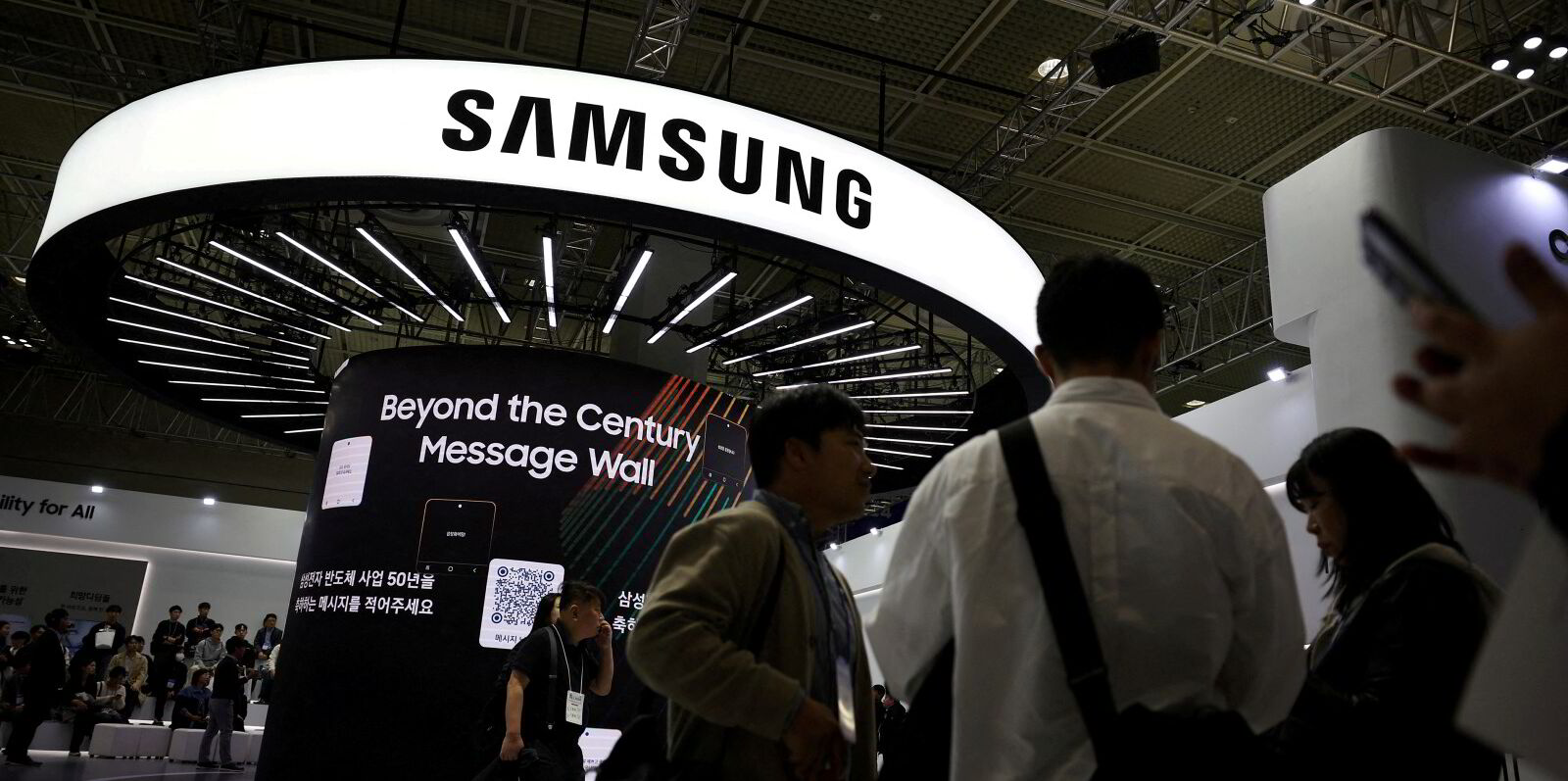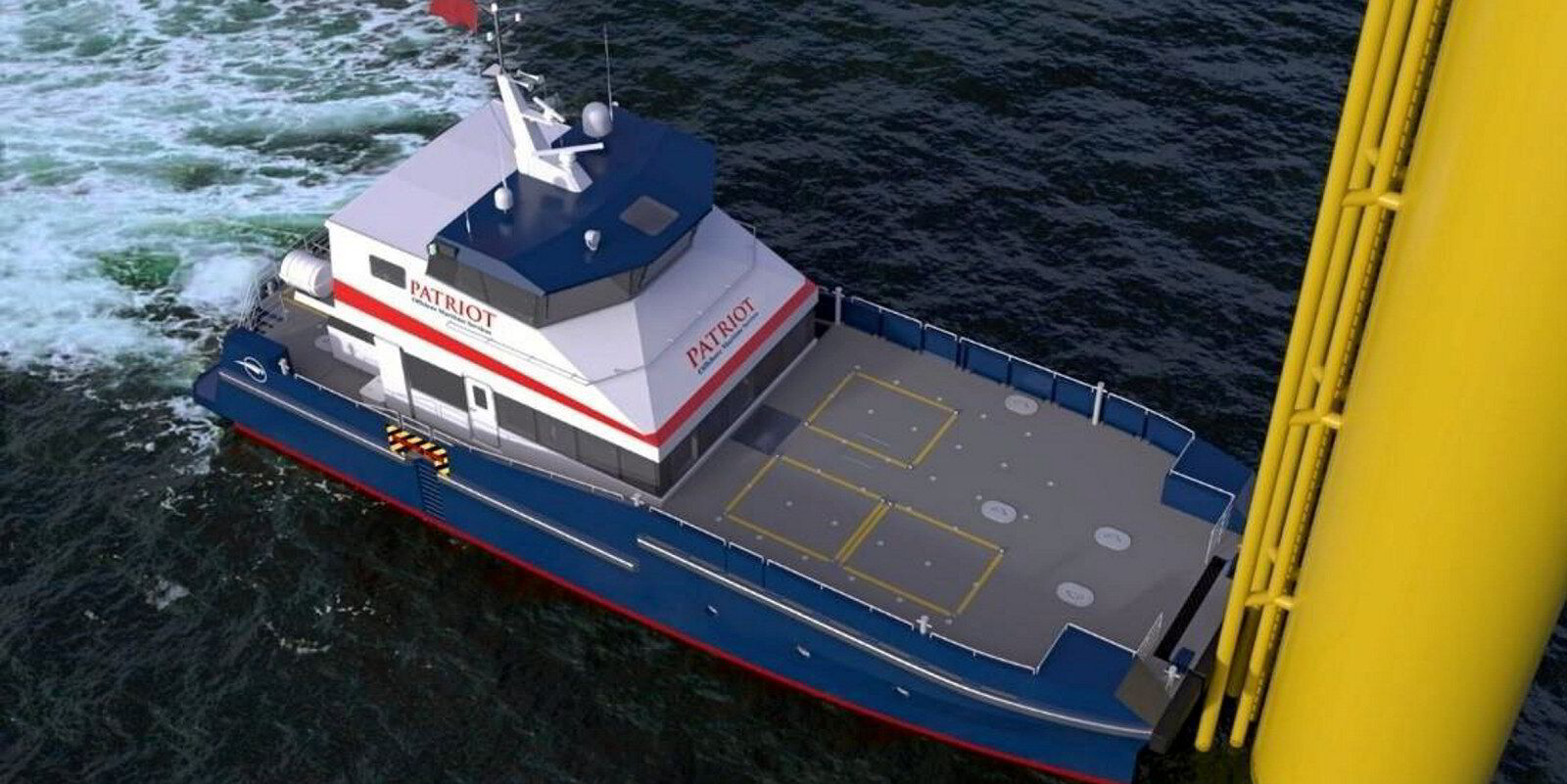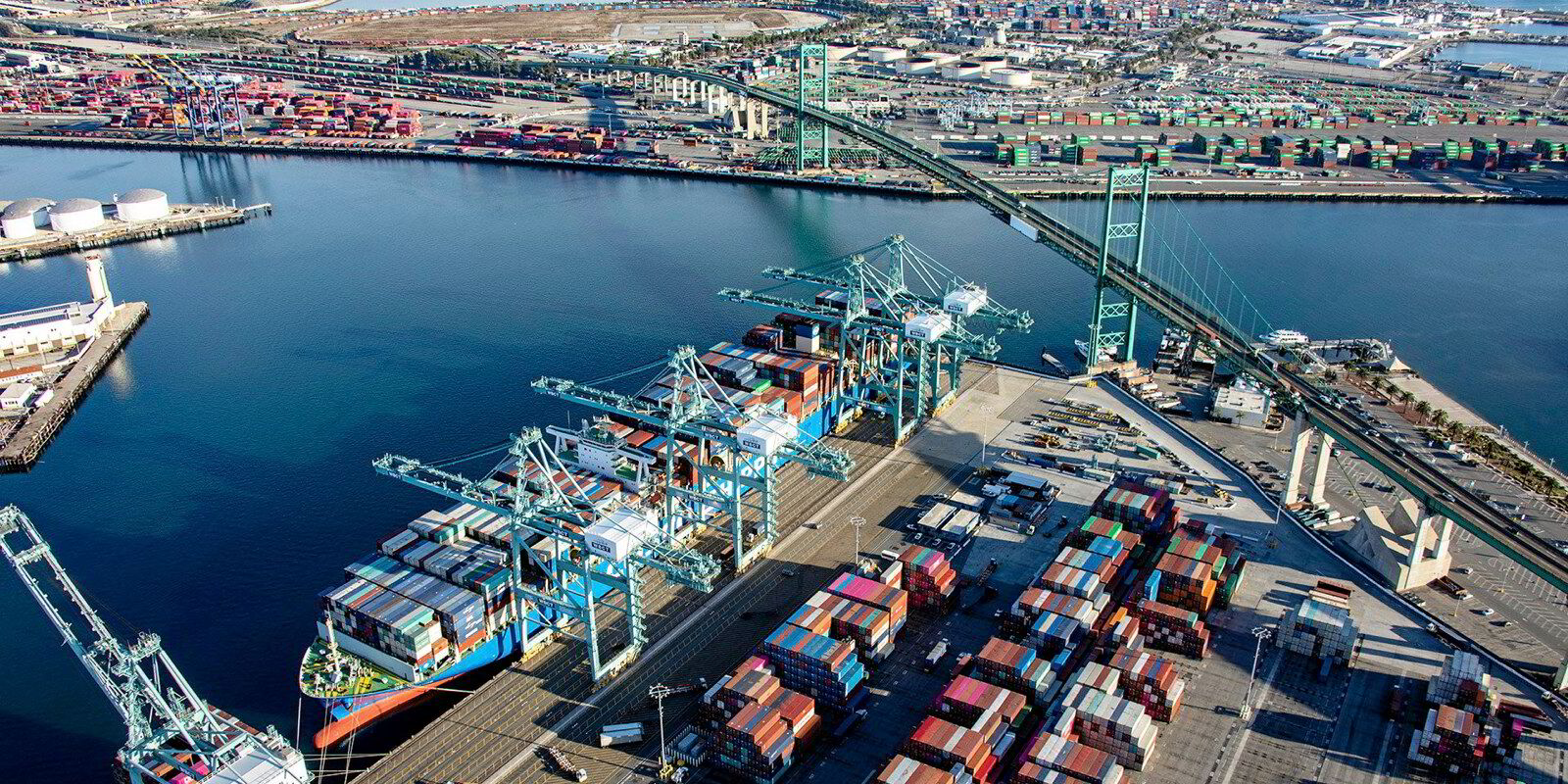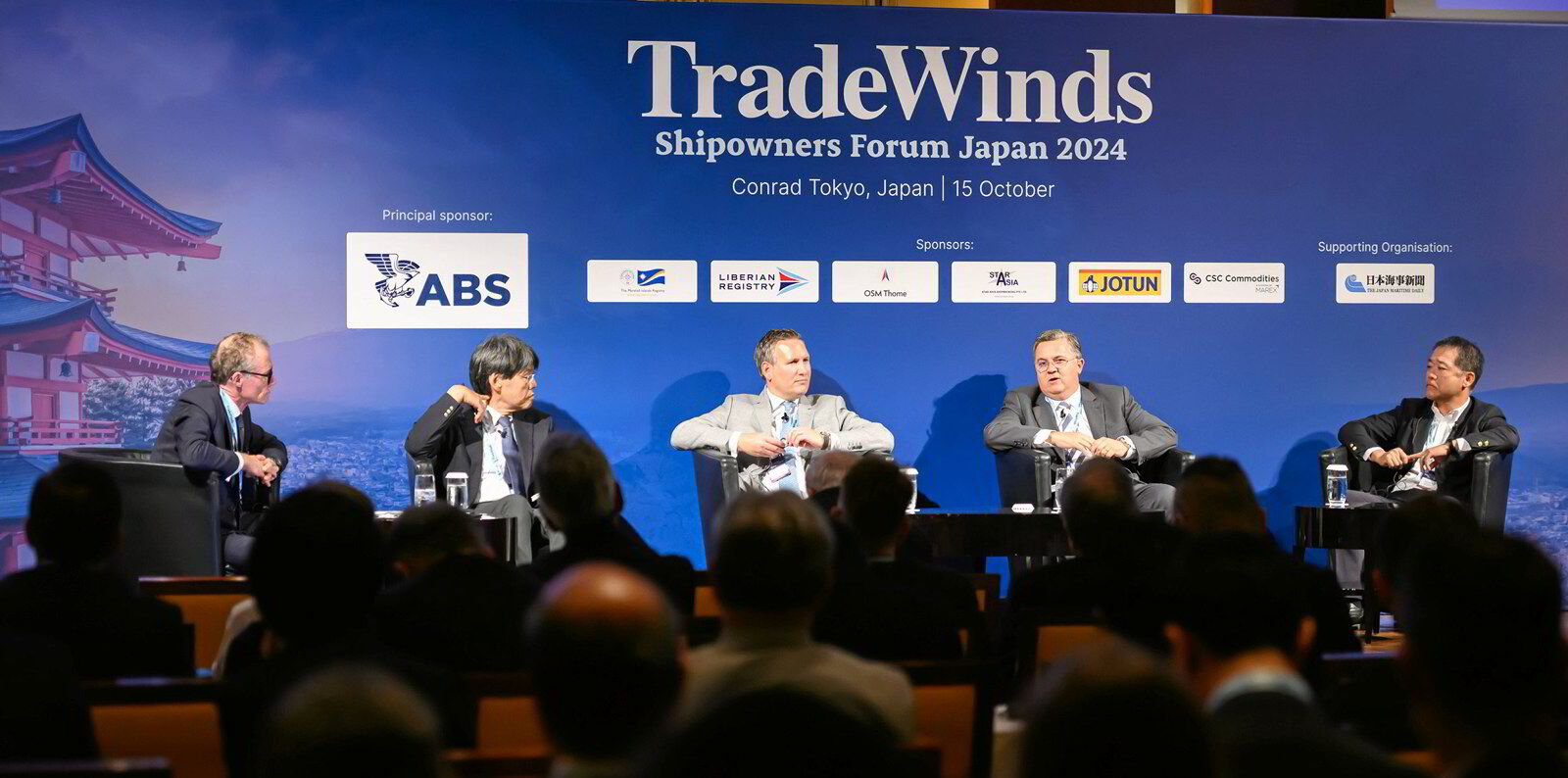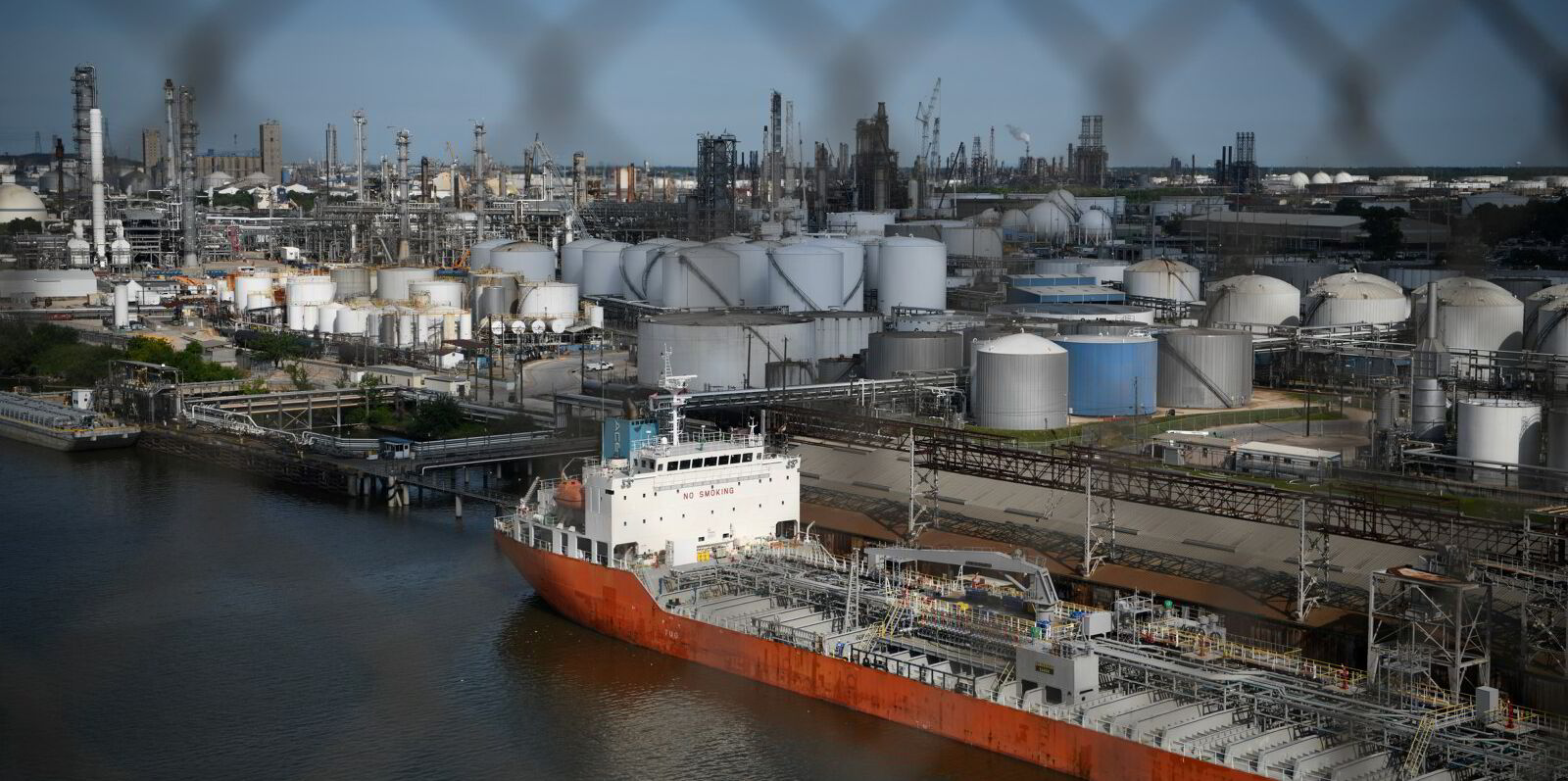A campaign focused on the shipping emissions of retail brands says at least four major companies are “at risk of failure” when it releases its next report card.
Ship It Zero, a coalition led by green groups Pacific Environment and Stand.earth, said that Amazon, Home Depot, LG and Samsung Electronics are all at risk of getting an “F” in its next annual report card because of stalled progress.
Ikea, the Swedish furniture chain, has made “not much progress” on its ocean shipping emissions after earning a “B+” last time.

Ship It Zero, which is aiming to persuade big brands to use shipping powered by 100% zero-emission fuels by 2030, issued the warning to the retail giants in a progress report that will be followed by a new report card in 2025.
Jonathan Butler, Pacific Environment’s climate campaign manager focused on corporate efforts, said the initiative issued the progress report to check on some of the 28 companies that were in its 2023 report card.
“As we’re looking at the data in front of us, it wasn’t necessarily what we had hoped for in terms of both ambition as well as progress since the 2023 report card,” the campaigner told TradeWinds.
Butler said the five companies in the report should use their power and influence to shape the future of zero-emission shipping, and the document should be seen as an opportunity to take action before the next report card.
Joshua Archer, senior global corporate campaigner at Stand.earth, said the results in the progress report were not surprising.
“It is disappointing companies like Ikea and Amazon spend a lot of time and a lot of marketing money to convince people that they’re making progress on very specific science-based emissions goals, and the same is true in their maritime shipping efforts,” he said.
“Sadly, reality just doesn’t align with rhetoric from these companies, and there’s so much more that they need to commit to. Even a public commitment would be a major step forward.
“What we’re also calling on these companies to do is to have a verifiable road map to implementation of a path towards zero emission deliveries.”
Amazon
The Ship It Zero campaign said e-commerce titan Amazon, which earned a “D” in the 2023 report card, saw its emissions trajectory rise, and its actions have been “more akin to greenwashing” than comprehensive climate actions.
And that is all after the company’s greenhouse gas emissions rose 26% since 2019 and 2023.
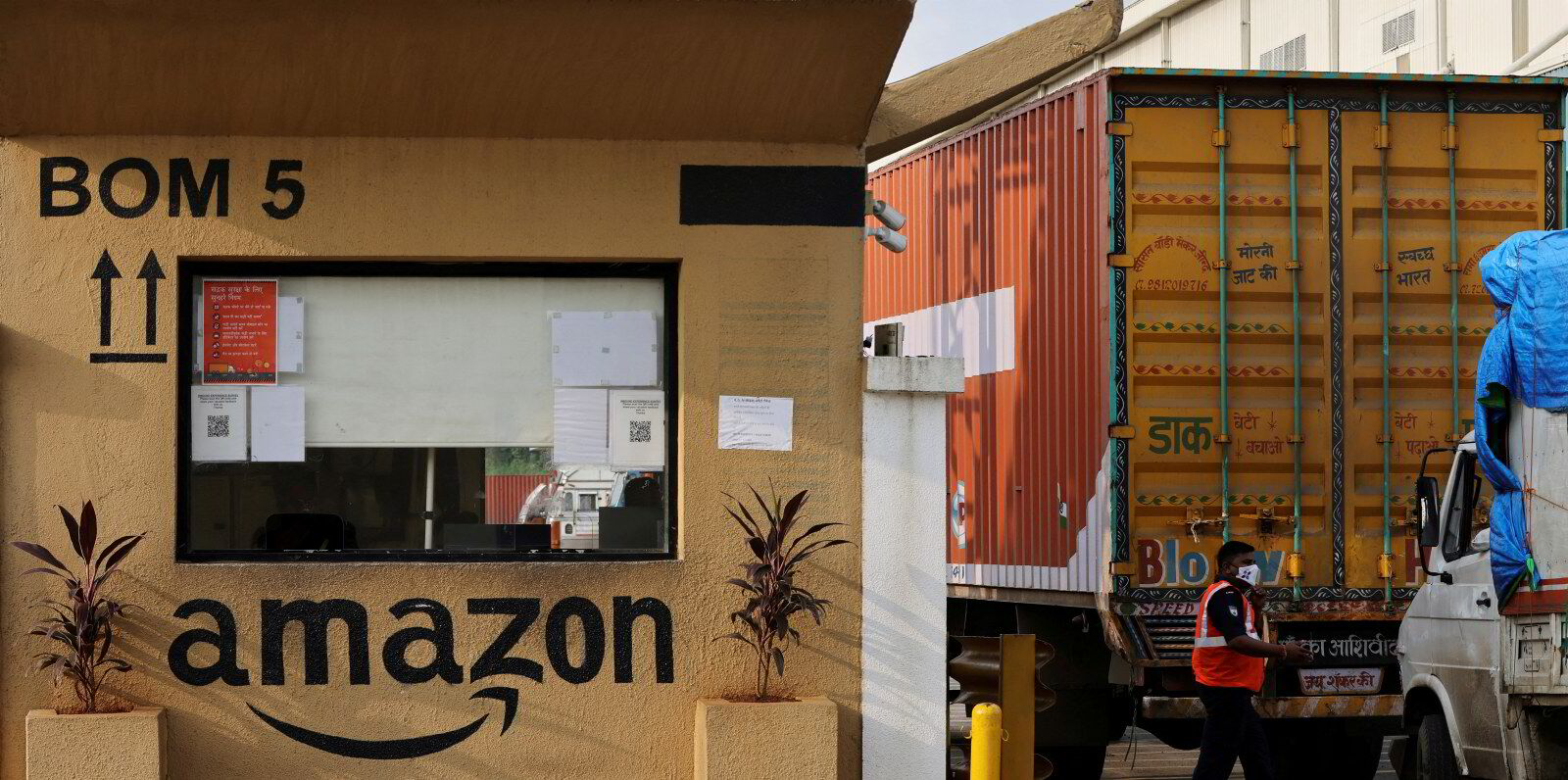
“Amazon is not using its full sphere of influence and resources to take steps to achieve zero-emission maritime shipping in accordance with its purported commitment,” Ship It Zero said in the progress report.
“Its pledge to reach net zero by 2040 is not aligned with science-based targets to prevent further climate chaos and it has failed to disclose a road map that demonstrates how it will even reach this goal.”
Amazon’s website says it engages in industry initiatives to remove carbon emissions from transport systems, including ocean shipping.
Archer said the company did improve its engagement with the Ship It Zero campaign’s information gathering, although the response did not change the group’s assessment of the e-commerce giant.
Home Depot
The campaign complained that Home Depot, which received an “F” in 2023, does not seem to have taken significant action to reduce its Scope 3 emissions — the indirect climate pollution that includes shipping and other supply chain emissions.
Ship It Zero said Home Depot’s targets for reducing direct Scope 1 and Scope 2 emissions show its climate ambition.
But the company does not have a clear vision to achieve its climate goals, and it is not leveraging its influence as the largest home improvement retailer to “activate” industry peers to take action on shipping emissions.
“There have not been many indicators that Home Depot is invested in long-term partnerships that help move zero-emission maritime shipping forward,” Ship It Zero said.
LG
The South Korean electronics retailer, which also received an “F” grade in the original report, has issued what Ship It Zero described as lofty climate goals, but it said LG’s actions have not shown that it is deeply committed to zero-emissions shipping.
“From the smartphones we make calls on to the washers and dryers we use to clean our clothes to the refrigerators where we store our food, the electronics mega-retailer LG’s presence in our daily lives is nearly ubiquitous,” the campaign said.
“Unfortunately, LG has failed to publicly show it can be a corporate leader in reducing the climate emissions of shipping those products we use daily.”
Ship It Zero accused the company of having bold statements, but timid actions.
Samsung Electronics
The campaign said Samsung Electronics has much to improve on, despite touting itself as a sustainability leader.
“It is unfortunate … that Samsung is not doing more to address its impact on the climate,” Ship It Zero said.
“While Samsung proudly touts its ’net zero’ goals for 2050, those goals and the plans to achieve them have remained vague and not nearly ambitious enough to address the climate crisis we are facing.”
Samsung not only had an “F” in the 2023 report card, it had one of the lowest scores.
Ikea
Ship It Zero said the Swedish furniture giant has made progress since the 2023 report, but it needs to do more to show its actions meet its ambition.
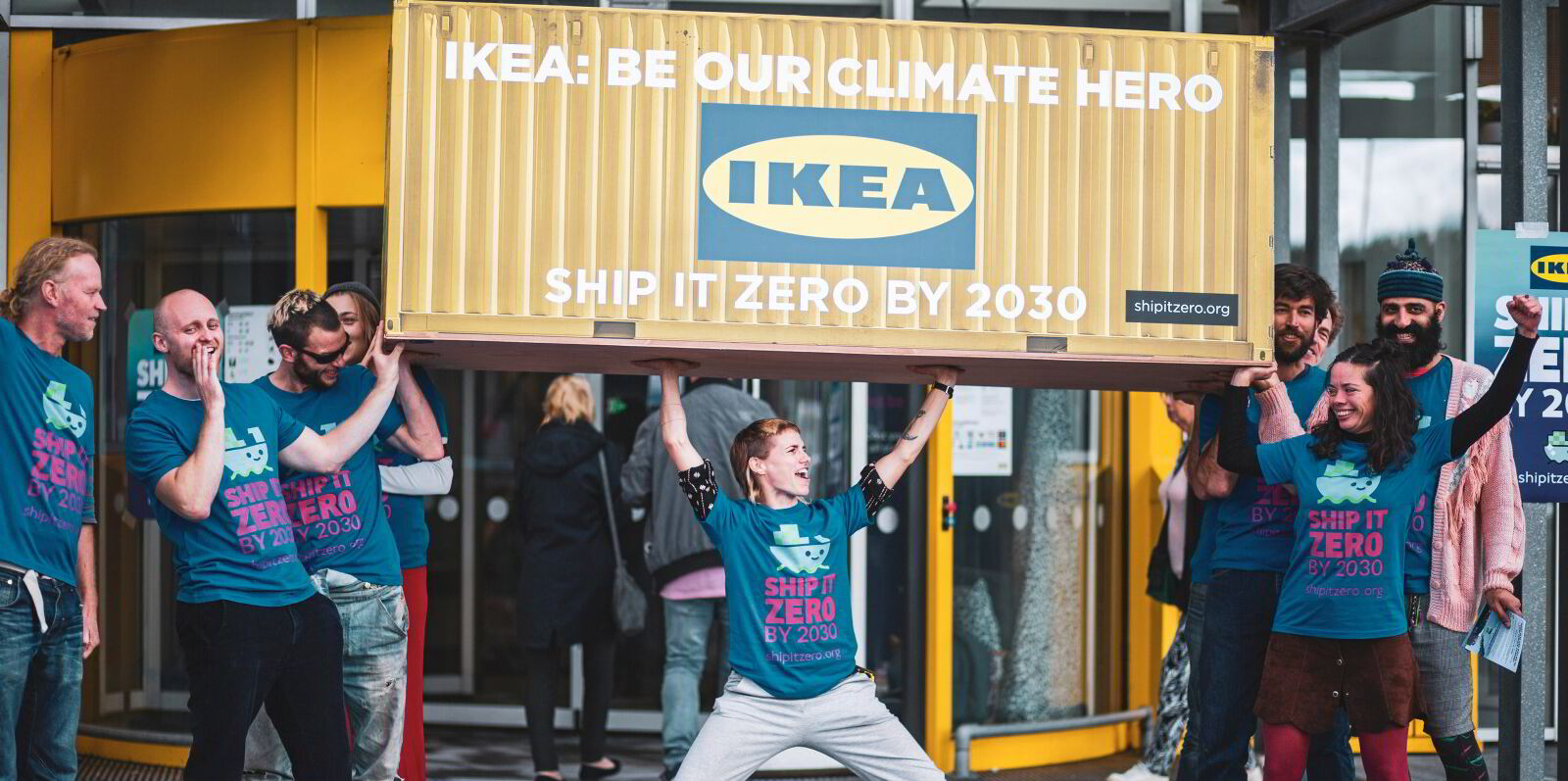
“Ikea must work with its peers to invest in the research and development of zero-emission fuels and negotiate with carriers to have its goods transported on shore power-equipped ships,” the campaign said. “It’s time for Ikea to step up and lead the way to zero-emission shipping.”
The company received a “B+” grade, the highest of all the retail brands in last year’s report.
None of the five companies immediately responded to TradeWinds’ request for comment.
What should these retail brands do to avoid an “F” grade?
Butler said they should make “direct and clear investments” in zero-emission technology.
“We know that whether we’re talking about cleaner ships or we’re talking about cleaner fuels, the transition is going to take time, and it’s going to take the necessary investments and the resources that we know these companies have to actually be making those direct investments in those technologies,” Butler said.
And Butler urged retail giants to put a focus on vessel retrofits and efficiency in their choice of shipping.
